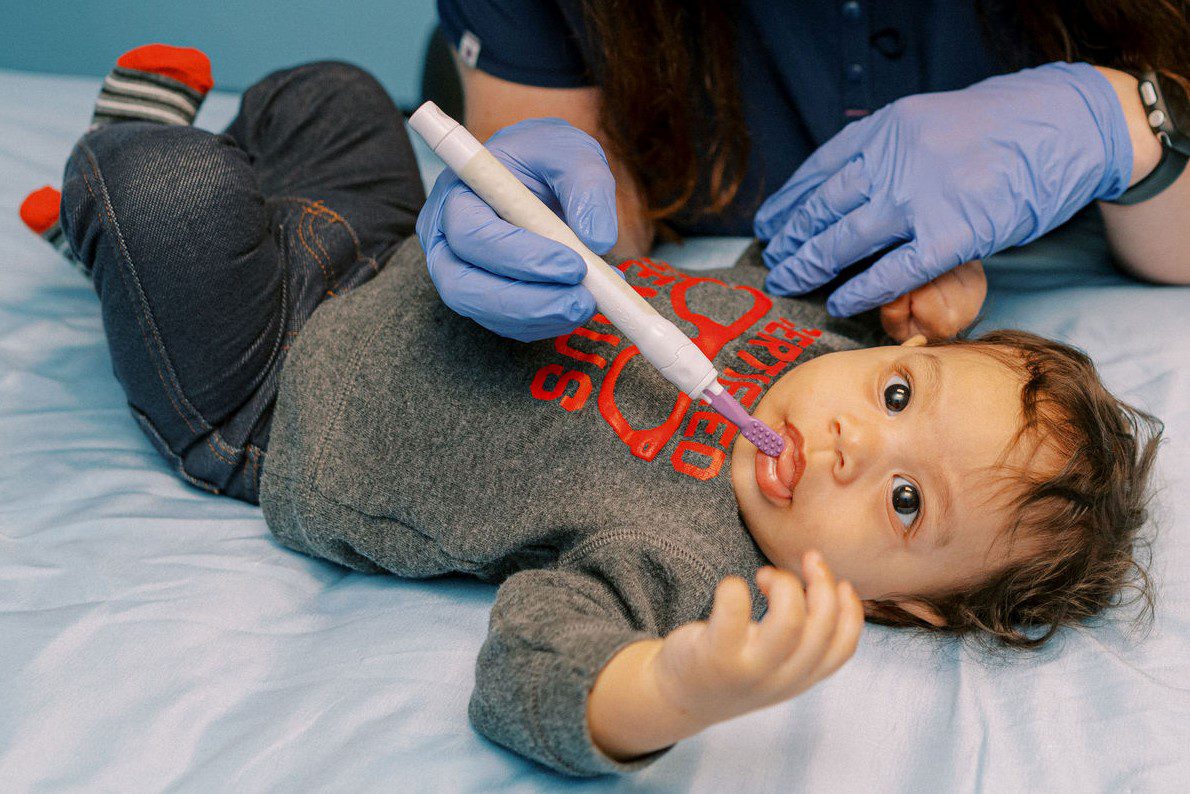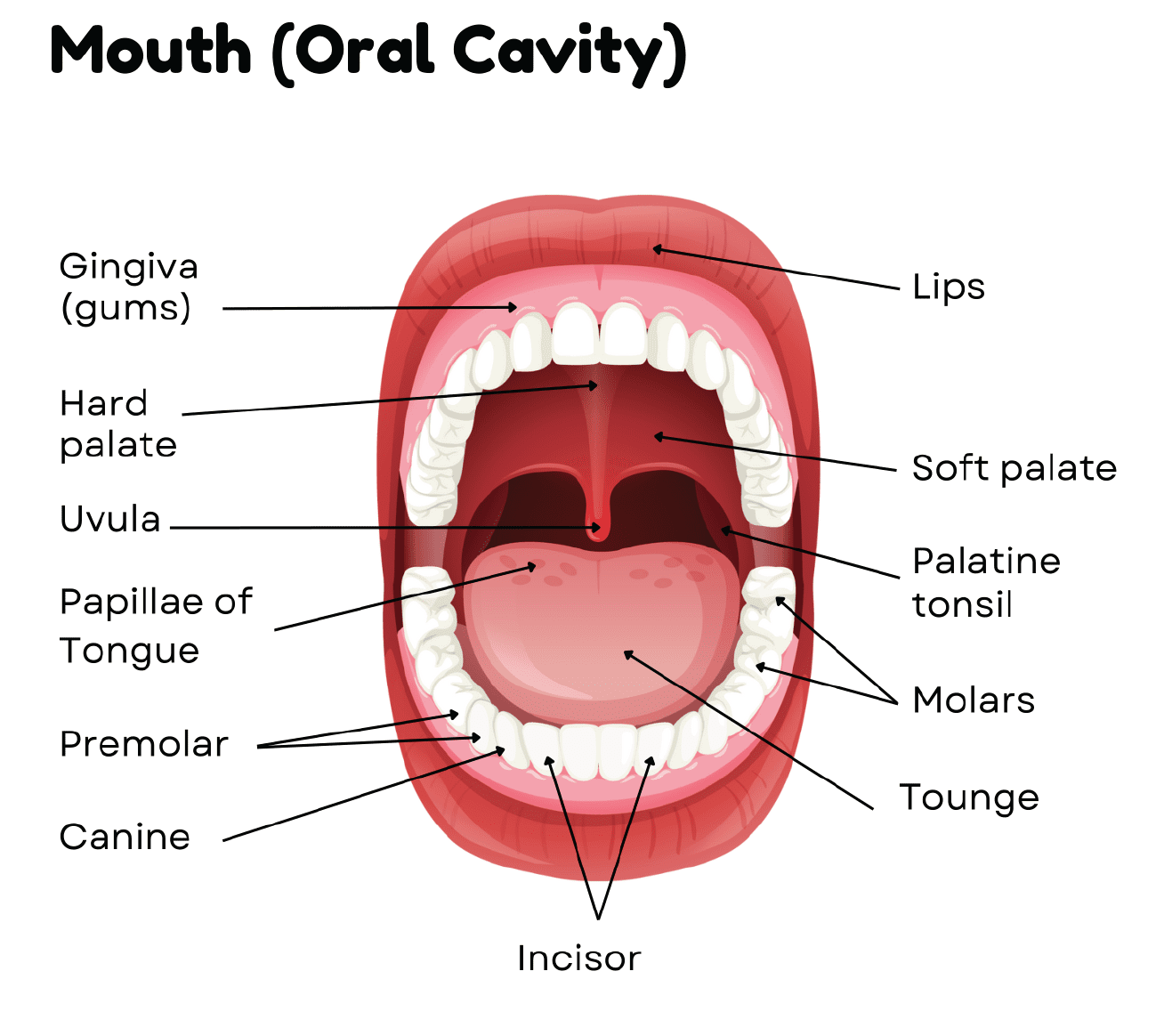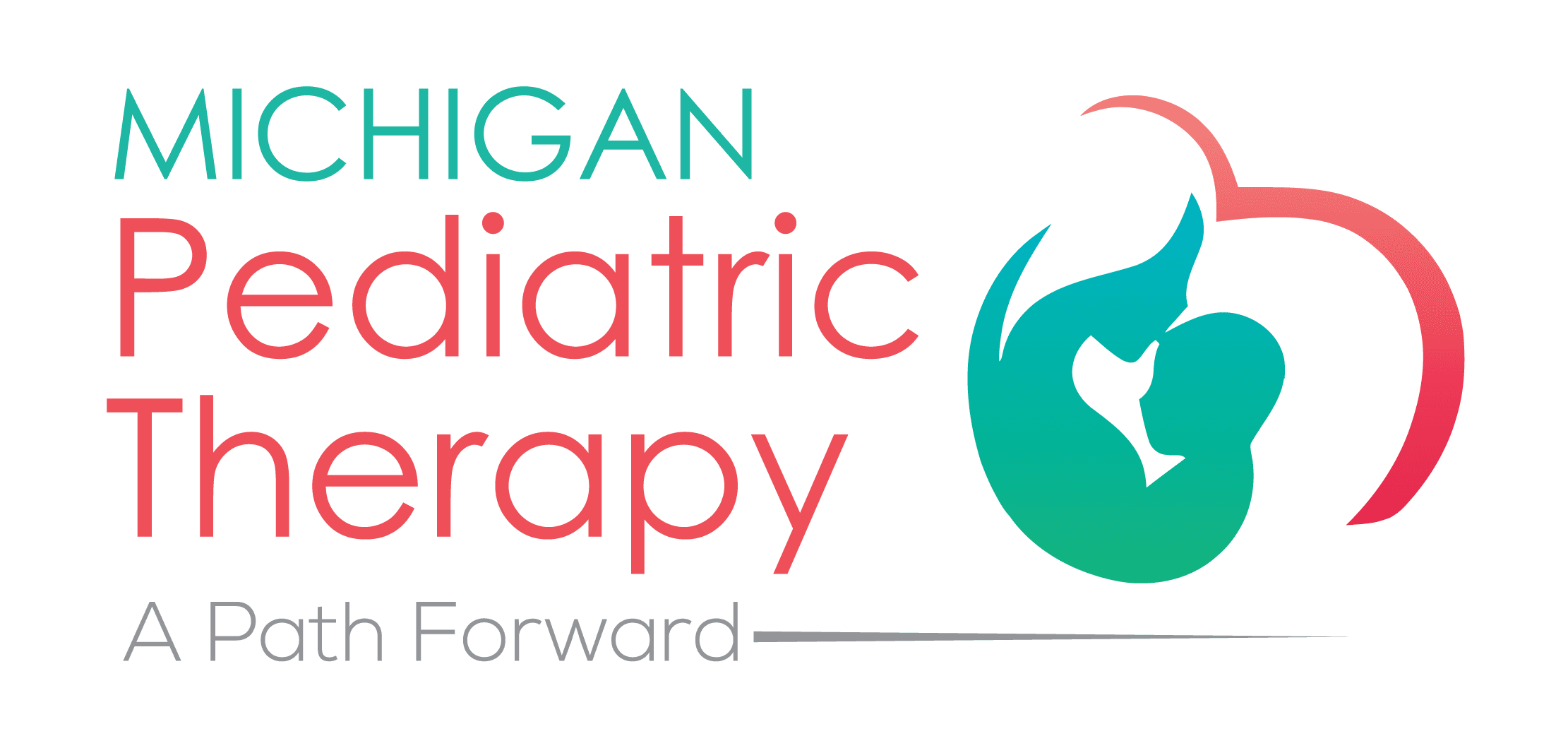What happens when the muscles in the mouth aren’t working correctly?
First, let’s start with a definition of “oral-motor skills.”
What are they?
• Functions of the jaw, cheeks, lips, tongue, and hard and soft palates
• Combination of sensory and motor-skill development
• Starts to develop in utero during the third trimester

Next, let’s explore what the functional implications of experiencing oral-motor dysfunction are.
Why does early development of oral-motor skills matter?
• Prolonged oral habits (pacifier use, thumb sucking)
• Poor sleep habits
• Bedwetting
• Difficulty swallowing
• Disordered breathing
• Speech delay
• Feeding difficulties

Lastly, here are some other signs related to oral-motor dysfunction:
• Poor dentition and/or teeth grinding
• Recessed chin
• Enlarged tonsils
• TMJ pain/discomfort
• Frequent ear infections
• Dark circles under eyes
• Depression/anxiety
• Daytime sleepiness
• ADD/ADHD
• Open-mouth posture at rest
• Chapped lips
• Heart-shaped tongue
• Digestive issues
• Relapse of orthodontic treatment
• Long facial growth
At Michigan Pediatric Therapy, we are licensed occupational and craniosacral therapists who provide compassionate care through a gentle, hands-on approach with our pediatric patients. Contact us today to schedule an evaluation.



